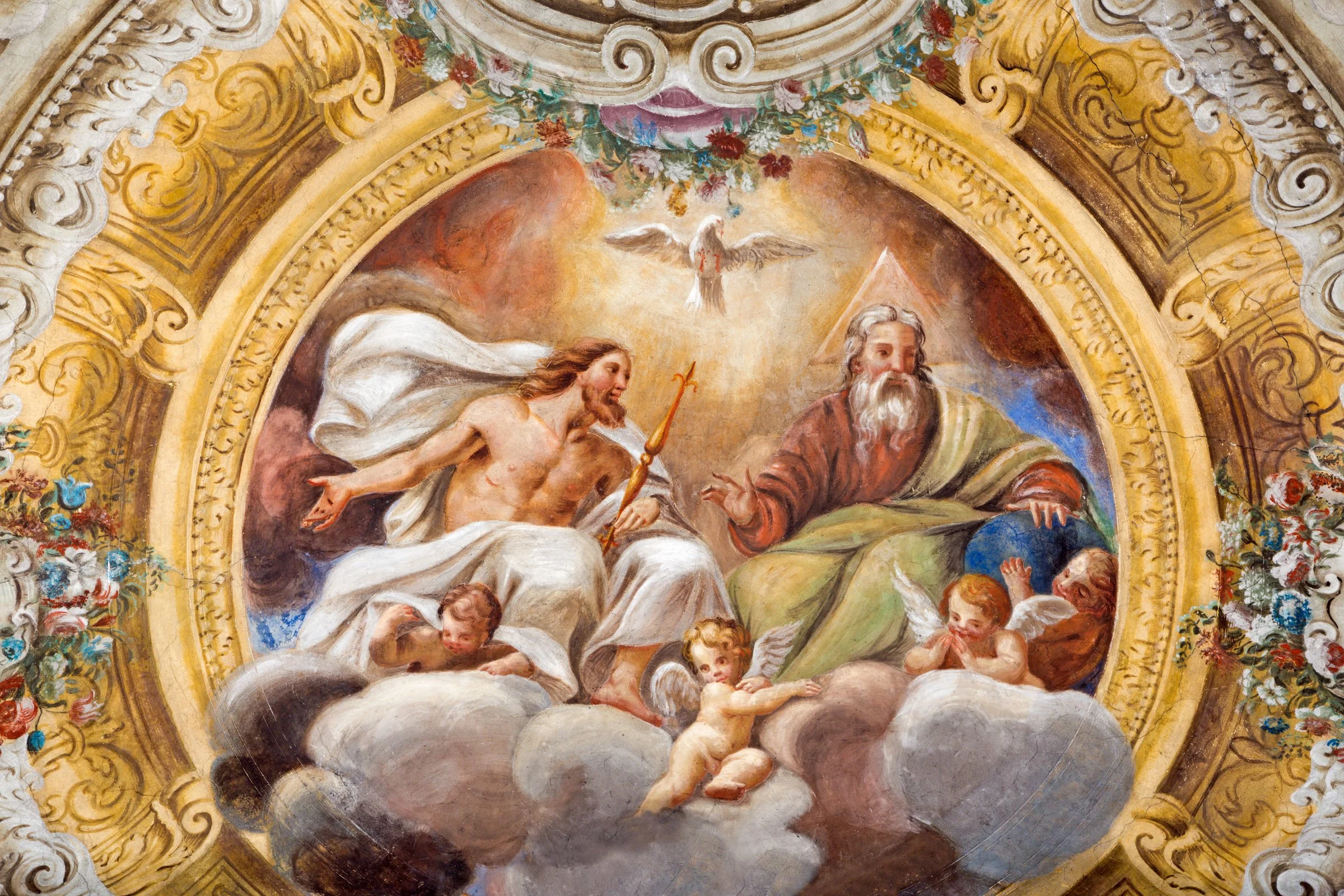In the Old Testament, there are plural names and pronouns for God. For example, the names Elohim and Adonai or plural. Some scholars claim this plurality relates to “a plurality of majesty.” However, in Genesis, we read: “Let Us make man in Our image, according to Our likeness” (Genesis 1:26). Notice the plural pronouns. Others are found in Genesis 3:22 and 11:7. In Isaiah, we read: “I heard the voice of the Lord [Adonai], saying: Whom shall I send, and who will go for Us?” (Isaiah 6:8). This verse acknowledges the oneness and unity of God, but also incorporates God’s plurality, inferring plurality in unity.
The Knowability and Existence of God
Theology is the study of God and His relationship with the creation. In Christianity, theology takes on a specific form and system, creating the basis for studying religious Christian doctrines and matters of divinity. It may describe the study of biblical truth or represent the study of God Himself, including His existence, nature, names, attributes, and works. While theological topics have varying and seemingly conflicting opinions, the core tenants of Christian theology hold true to nearly every church and denomination.
Understanding The Trinity
Christian theology takes on a definite form and system of study, creating the basis for exploring religious doctrines and matters of divinity, specifically the relationship of God with His creation. Theology comes from two Greek words: theos, meaning “God,” and logos, meaning “discourse” or “reason.” Therefore, theology is the discourse or reasoning about God, His existence, nature, names, attributes, works, and His biblical truth. One of the more challenging areas of theological study is that of God’s triune nature—the Trinity.




